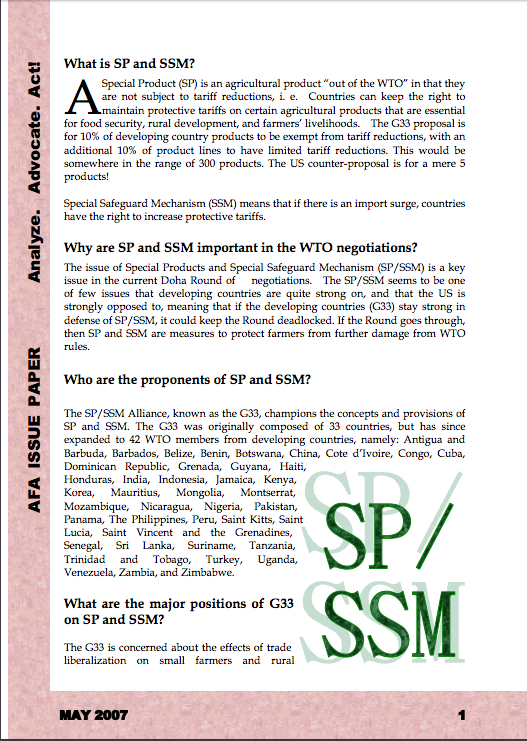Financing African agriculture challenges and prospects
This paper identifies and discusses some key issues and challenges in financing agriculture in Sub-Saharan Africa. The analysis first reviews recent trends in agricultural financing focusing on both external and domestic sources. The paper then discusses a number of issues and challenges that affect agricultural financing in SSA. The four areas, which show a certain degree of inter-relationship, are: government commitment to support agriculture; the role of public and private sector; emerging aid modalities to agriculture; and financing regional public goods.










